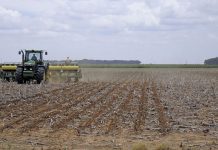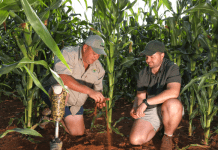The recent outbreak of African Horse Sickness (AHS) on an Arabian horse stud farm between Paarl and Franschoek in the Western Cape has once again resulted in a suspension of SA horse exports to the EU.
Horses to be exported that were quarantined in the Kenilworth pre-export quarantine station have been released and returned to their farms of origin. The export industry, which generates about R150 million a year, will suffer huge losses if the ban is not lifted, according to Peter Gibson, CEO of Racing SA. “Horse exports can still be done on a small scale via Mauritius, as was done during the previous ban, but this route is extremely expensive and it is also damaging to the image of the industry,” Gibson said.
Information is being gathered on the severity and extent of the outbreak. veterinary officials will hold meetings with the World Animal Health Organisation and trading partners to determine how long the ban should last. Gibson said the industry has already been involved in negotiations with the EU concerning current export regulations. “The old regulations are extremely restrictive and automatically result in a two-year ban on horse exports in the event of an outbreak of this disease. We hope new regulations will be implemented to make it possible for to resume exports faster,” he said. This is the first case of the disease in the AHS Surveillance Zone since the outbreak north of Stellenbosch in 2004.
The Western agriculture department has responded with a total ban on the movements of horses, donkeys, mules and zebras into or out of the magisterial districts of Paarl and to prevent the disease from spreading. Horses in the high risk and infected areas in Simondium, Franschoek and southern Paarl that have not been immunised for longer than a year, will also have to be immunised. The area of compulsory vaccination might expand depending on how effectively the disease and the spread of midge vectors is contained. – Glenneis Erasmus








